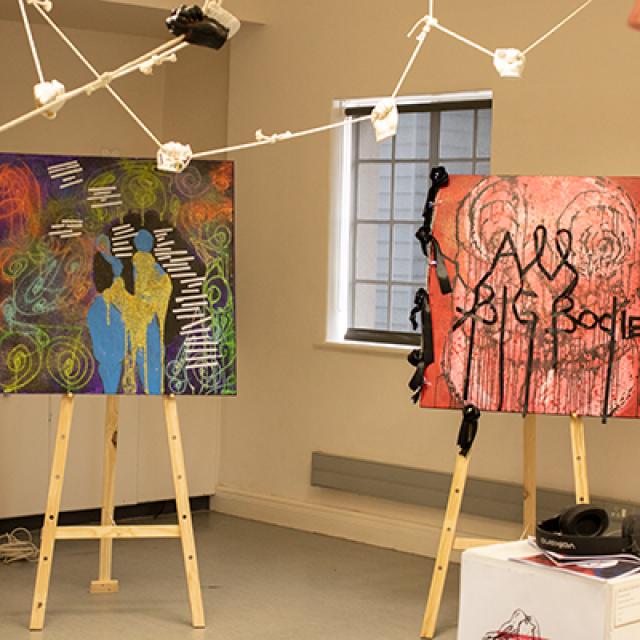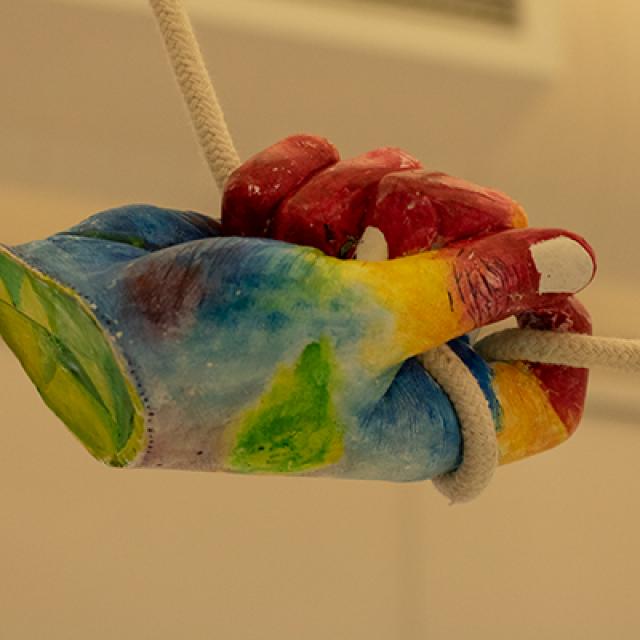
An ancestral blessing ceremony was part of the restorative justice process. Photo Je’nine May/UCT
UCT is an integral part of the community surrounding the university, and aims to use its scholarship and professional expertise to benefit this wider community, both locally, provincially, nationally, and throughout Africa.
Read more about the university’s role in the community:
-
UCT Sutherland Reburial
After an archiving audit of the UCT Human Skeletal Collection in 2017, the university discovered that it had 11 skeletons in its collection that were unethically obtained by the institution in the 1920s. The university has acknowledged this past injustice, which forms part of its history. Nine of these individuals were brought to the university in the 1920s from Sutherland in the Northern Cape. UCT is working with the community of Sutherland to return the skeletal remains of these nine individuals to their descendants. An interdisciplinary team of academics from UCT and two international partner institutions have conducted unprecedented scientific studies. This process has enabled the university to provide redress and social justice through science. - Indumba Yolwazi: a place of scared knowledge
The Creative Change Laboratory (CCoLAB) created an immersive learning space in which young people could experiment with unconventional solutions to problems in their communities. Unlike most arts-based projects, CCoLAB was designed as a long-term intervention, one that would introduce participants to diverse creative module and allow them to develop and test original prototypes. - Cultivating a health-conscious community
- Teaching and learning through community engagement
- Medical students upskilling communities
- Decolonial Winter School
- Renaming Memorial Hall Sarah Baartman Hall
- Rustenburg Slave Memorial: remembering the past, planning for the future


